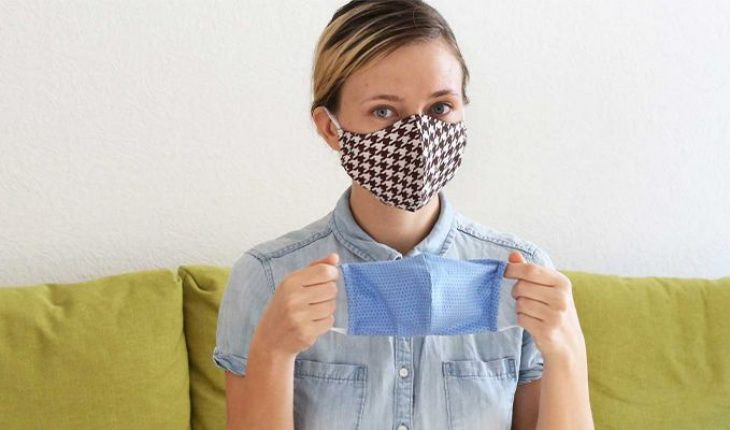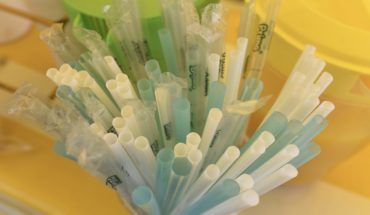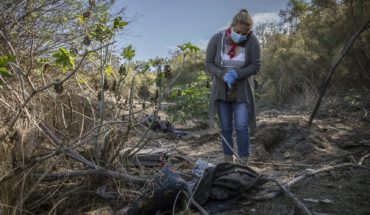In times like these, sometimes it’s easier to find more lies than truths in family chat or on the timeline of our social networks; and in the case of a pandemic like COVID-19, having the exact information is crucial to prevent the disease from spreading.
These are the most common myths around the coronavirus, answered and refuted all with information from the World Health Organization and the government.
Does garlic prevent coronavirus from spreading?
No. It is a healthy food, yes, and it also has antimicrobial properties, who explains. However, there is no evidence that its consumption protects us from the Covid-19.
Yes. They serve both to avoid contagion and to spread. However, due to the shortage of this product, health authorities have recommended that people who are healthy and have little risk of contagion refrain from hoarding them.
Unless you are medical staff, it is advisable to use them only when you are sick. This way you prevent the spread of the virus.
Is there a specific medicine against coronavirus?
No. To date, there is no specific treatment, vaccine or medicine to prevent or treat Covid-19. What is treated to relieve symptoms that result from coronavirus, such as fever, cough or tiredness, is given.
Do uv light lamps kill the coronavirus?
No. In fact, health authorities ask that we do not use UV lamps to sterilize the hands or other parts of the body, as this radiation can cause skin damage.
Can my pet infect me?
No. WHO notes that there is no evidence that dogs or cats or any other pet can transmit Covid-19. Remember that coronavirus spreads mainly through droplets produced by people infected by coughing, talking or sneezing.
Do I get contagion if I get a package from China?
No. The coronavirus does survive for some time on some materials, but it does not hold too much on objects such as cards or packs. If you receive a package from China, don’t worry, you’re not at risk.
Is coronavirus diagnosed with a quick test?
Unfortunately, no. Coronavirus is diagnosed through a test called real-time PCR, or polymerase chain reaction, which involves taking samples and sending them to a lab; then is waiting for the results. What this test does is look for very specific proteins that covid-19 secretes.
Do influenza and pneumonia vaccines protect me against coronavirus?
No. Vaccines against pneumonia or influenza are not used for coronavirus. Health authorities explain that Covid-19 is so new and different that it needs its own vaccine, one that has not yet been developed, but in which it is being worked.
Are children immune?
No. WHO has found that coronavirus affects people of all ages. But it is also true that Covid-19 symptoms are mild especially in children and young adults.
The most vulnerable population has been found to be older adults or people with pre-existing conditions.





